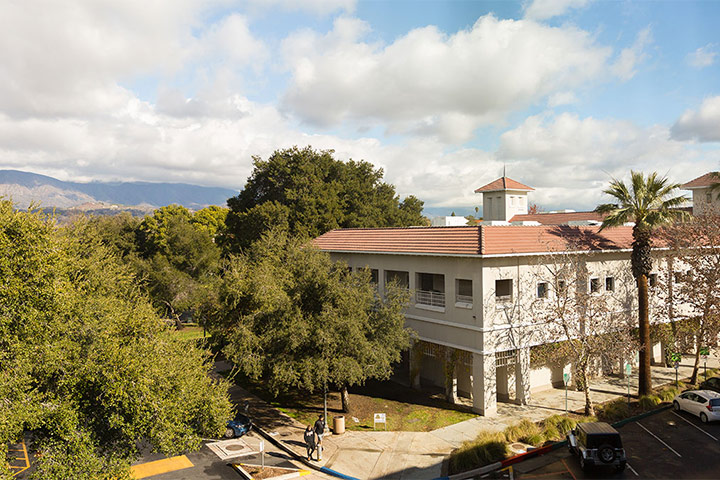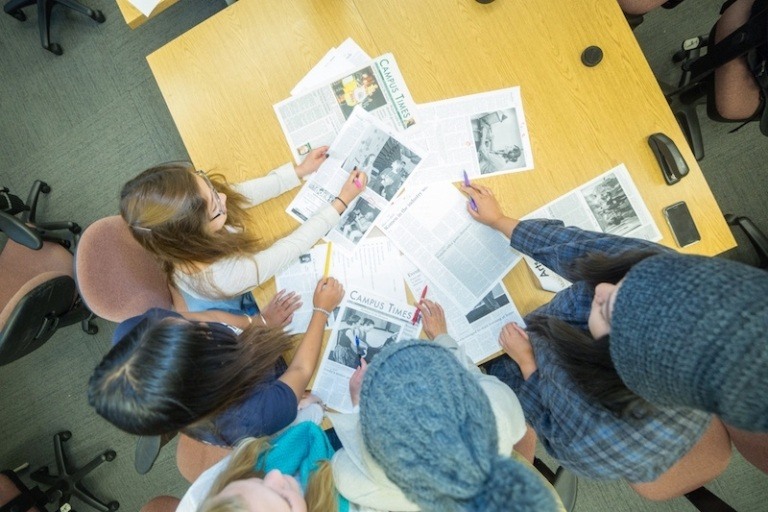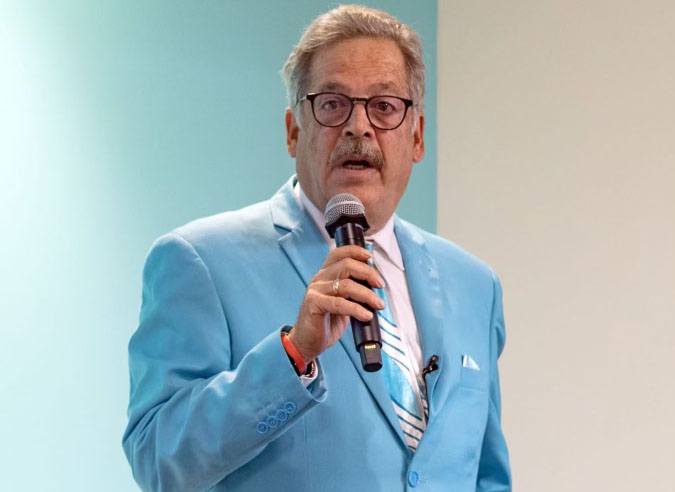History Professor Kenneth Marcus Selected as Fulbright Scholar for the Second Time
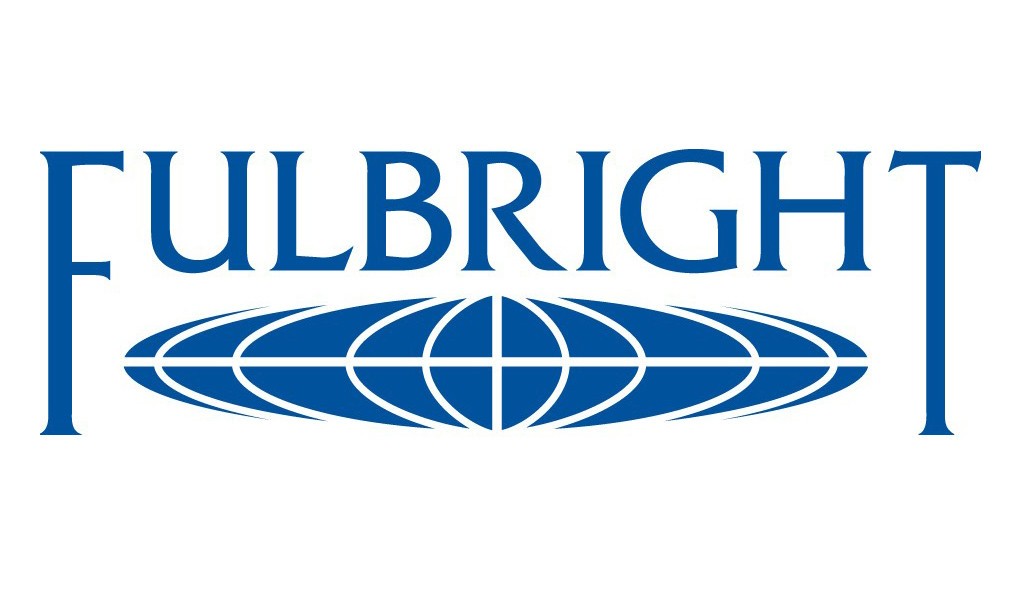
In academic circles, being selected for the Fulbright U.S. Scholar Program is a prestigious honor. It’s all the more so to be chosen for the program a second time.
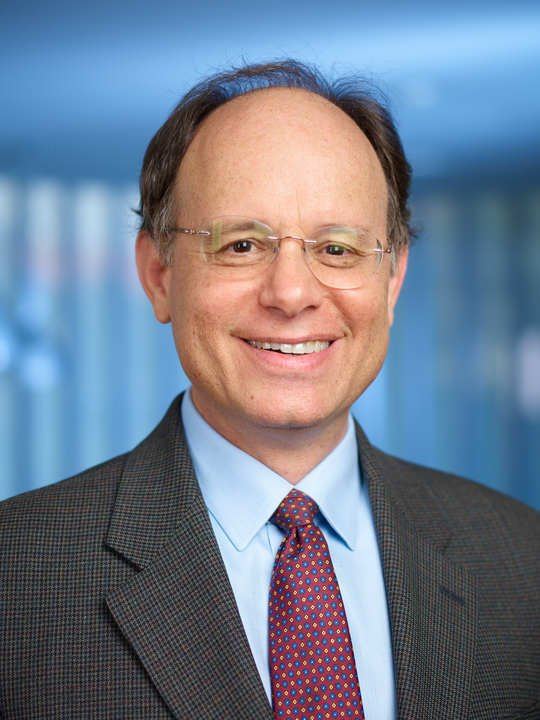
University of La Verne history Professor Kenneth Marcus became part of just such a group when the Council for International Exchange of Scholars selected him this year for his second Fulbright award.
“It says a lot about the quality of the work he’s produced,” said Brian Clocksin, interim dean of the College of Arts and Sciences.
Marcus will travel to Austria to work from his host institution, the Internationales Forschungszentrum Kulturwissenschaften, frequently referred to as the IFK, which translates to the International Research Center for Cultural Studies.
He will carry out research focused on the arts and human rights.
“This award is entirely for research,” Marcus said. “Usually there is a teaching component with the Fulbright awards, but to focus solely on research is less typical.”
There have been over 390,000 awardees of the Fulbright since 1946. Many are teachers, artists, scientists, and journalists and some have gone on to become heads of state, ambassadors, and university presidents. Among the recipients are 60 Nobel Laureates, 86 Pulitzer Prize winners, 74 MacArthur Fellows, and many leaders in the private, public and non-profit sectors.
Marcus’ first Fulbright award took him to Leiden University in the Netherlands during Spring 2013. Half of his time was dedicated to teaching American culture courses to undergraduate students and a graduate seminar. The other half was used to conduct research and resulted in the publication of four articles in scholarly journals and a book.
It was while at Leiden University that Marcus was introduced to dark tourism, or the idea of visiting locations with somber histories, such as concentration camps and other places where people were incarcerated or impacted by war.
This second Fulbright award will allow him to explore how artists have used their talents to protest against human rights abuses.
For example, from 1930 to 1950, some music composers wrote pieces that reflected conditions in Nazi concentration camps.
“It’s not much different from studying the protest songs of the 1960s,” Marcus said. “It’s artists using art to get across political opinions.”
Once he returns, Marcus will share his findings with students and faculty at the University of La Verne.
Clocksin said the research Marcus completes as a Fulbright scholar will expand his already significant body of scholarly work and “give students an enriched experience.”
Marcus is one of five University of La Verne faculty members who have been Fulbright scholars. The remaining four are Rob Ruiz, chairman of the Speech Communications Department and director of forensics; Gale Tang, assistant professor of mathematics; Reed Gratz, professor or music; and the late Herbert Hogan, professor of history.
“It’s a good testament to the quality of faculty at the university and the College of Arts and Sciences,” Clocksin said.
